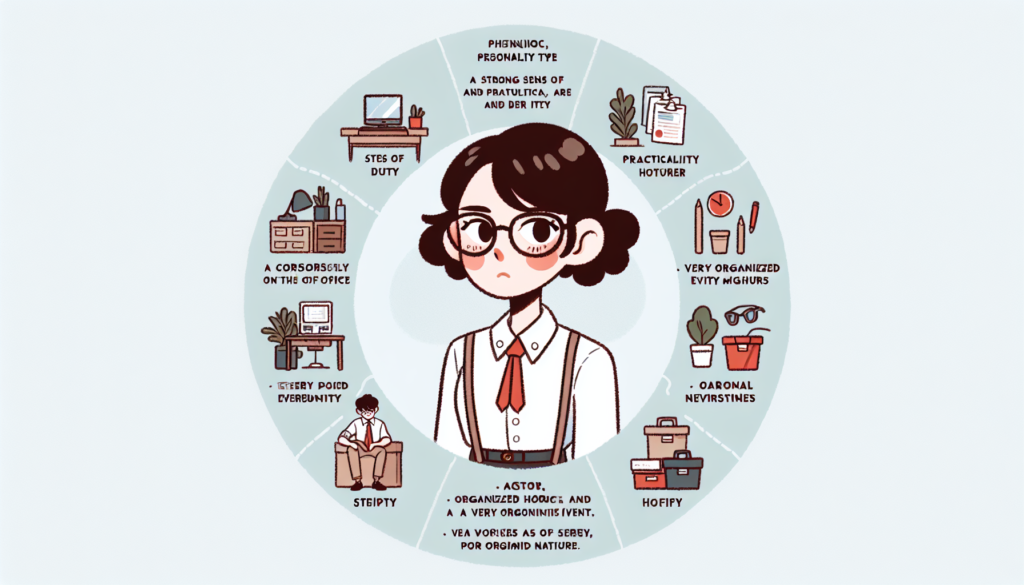WHAT IS MBTI?
AUGUST 23, 2024

The Myers-Briggs Type Indicator (MBTI) is a popular personality assessment tool that categorizes people into one of 16 personality types based on how they perceive the world and make decisions. The MBTI was developed by Katharine Cook Briggs and her daughter Isabel Briggs Myers, building on the work of the Swiss psychiatrist Carl Jung.
CORE CONCEPTS OF MBTI
MBTI identifies four key dimensions of personality, each with two opposing preferences:
- Extraversion (E) vs. Introversion (I):
- Extraversion (E): Prefers focusing on the outer world of people and activities. Extraverts are energized by interacting with others.
- Introversion (I): Prefers focusing on the inner world of thoughts and reflections. Introverts are energized by spending time alone or with a close group.
- Sensing (S) vs. Intuition (N):
- Sensing (S): Prefers to take in information through the five senses, focusing on the present and concrete facts.
- Intuition (N): Prefers to take in information by seeing patterns and possibilities, focusing on the future and abstract concepts.
- Thinking (T) vs. Feeling (F):
- Thinking (T): Prefers to make decisions based on logic and objective analysis.
- Feeling (F): Prefers to make decisions based on personal values and how they affect others.
- Judging (J) vs. Perceiving (P):
- Judging (J): Prefers a structured, planned, and organized approach to life.
- Perceiving (P): Prefers a flexible, spontaneous, and adaptable approach to life.
THE 16 PERSONALITY TYPES
Each MBTI type is a combination of one preference from each of the four dimensions, resulting in 16 possible types. For example:
- INTJ: Introverted, Intuitive, Thinking, Judging
- ESFP: Extraverted, Sensing, Feeling, Perceiving
- ENFJ: Extraverted, Intuitive, Feeling, Judging
- ISTP: Introverted, Sensing, Thinking, Perceiving
APPLICATION OF MBTI
MBTI is often used in various contexts such as:
- Personal Development: Understanding one’s personality type can help in self-awareness, personal growth, and improving interpersonal relationships.
- Career Guidance: MBTI can provide insights into which careers might be more fulfilling based on a person’s personality type.
- Team Building: In workplaces, MBTI can help teams understand their dynamics and improve collaboration.
CRITICISMS AND LIMITATIONS
While MBTI is widely used and popular, it has its critics. Some argue that:
- Lack of Scientific Rigor: The MBTI has been criticized for its lack of empirical evidence and scientific validity. Some studies have found that people’s MBTI types can change over time.
- Over-Simplification: Reducing complex human personalities to 16 types can oversimplify individual differences.
- Binary Choices: The MBTI forces people into one side of a dichotomy (e.g., either Extravert or Introvert), whereas many people exhibit behaviors from both ends of the spectrum.
Despite these criticisms, MBTI remains a useful tool for self-exploration and understanding how different personality types interact with the world and with each other.
groove79



